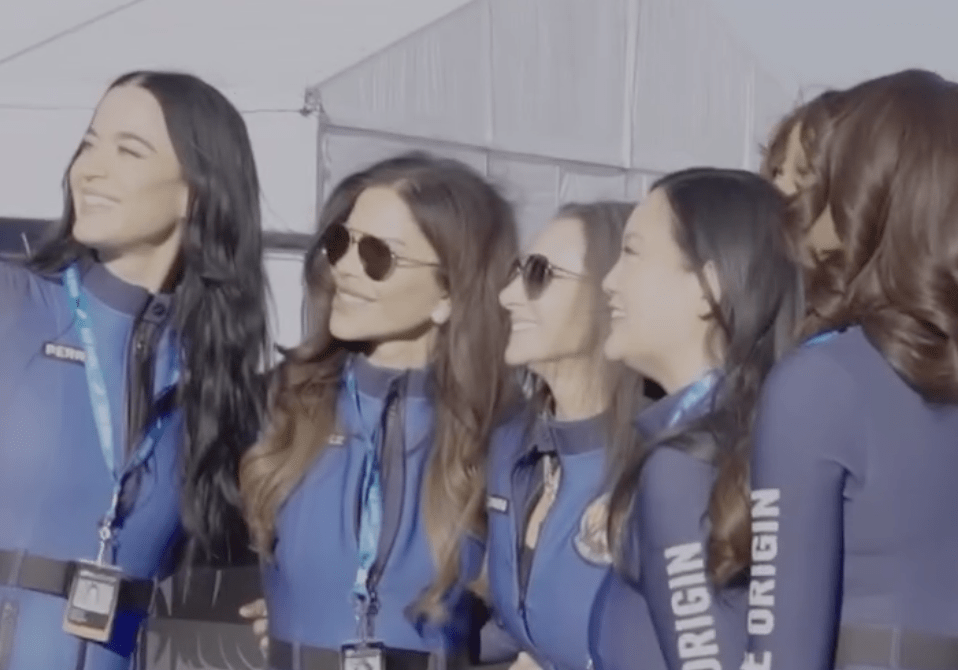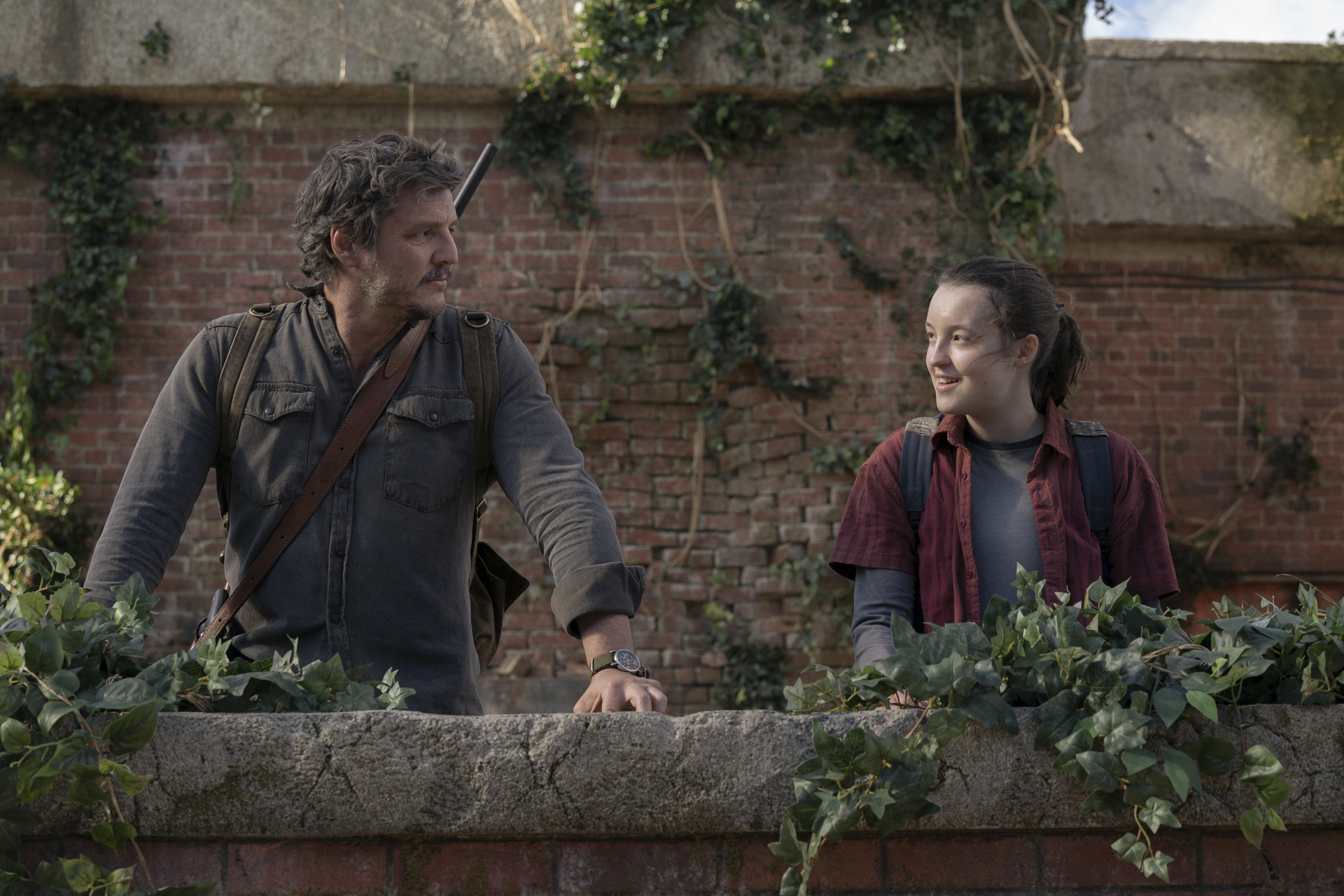“House” is the theme of the 4th version of the Crimson Sea Movie Competition because it returns to its unique location, however in a smooth custom-built venue, within the not too long ago renovated Al-Balad district in Jeddah, a UNESCO World Heritage website.
Kaleem Aftab, the fest’s head of worldwide programming, says that house is a becoming theme for this yr’s version for the reason that pageant more and more serves as a key platform for Africa, Arab and Asian cinema, and its influence is now all-year-round by way of the work of the Crimson Sea Movie Basis.
“We’re specializing in what we are able to obtain as a basis somewhat than simply as a pageant,” he explains, including that 11 of the 122 movies screening at this yr’s version have been developed throughout the Crimson Sea eco-system, together with the opening movie, “The Story of Daye’s Household,” which is a Saudi Egyptian co-production.
“We’re the very best place within the [Middle East and North Africa] area to search out probably the most difficult and likewise probably the most accessible movies, and people who ask the viewers questions on what sort of movie they wish to see,” he says.
Aftab is delighted that the pageant is excessive on the radar of worldwide filmmakers, making it attainable to host the pageant premiere of Gabriele Salvatores’ “Naples-New York,” based mostly on Federico Fellini’s screenplay, and likewise display movies comparable to R. T. Thorne’s dystopian thriller “40 Acres,” which had its world premiere at Toronto, Sarah Friedland’s “Acquainted Contact,” which gained three awards at Venice, and Guan Hu’s “Black Canine,” which gained Un Sure Regard at Cannes.
The Crimson Sea Fund now serves because the lynchpin of many Saudi coproductions and has supported main native field workplace hits comparable to “Mandoob,” which had its world premiere at Toronto, and style pic “Naga.” The fund works carefully with distributors in Saudi Arabia and the MENA area.
“The truth that now we have constructed such a powerful synergy between all our operations is what’s making Crimson Sea stand out, I really feel like we’re already an instance to another foundations and festivals,” Aftab says.
Movies screening at this yr’s fest which have benefited from Crimson Sea help embody “To Kill a Mongolian Horse,” which Aftab says he noticed through the tough minimize stage: “It turned a handpicked Asian challenge as a result of it wanted some completion funding.”
Aftab considers that the pageant has had an essential influence by way of introducing Saudi audiences to new movies from Africa, the Center East and more and more from Asia.
“Saudi Arabia has a inhabitants of 35 million folks, with very diverse and extensive pursuits and we are able to play a key position in broadening the vary of obtainable choices each throughout the nation and the broader MENA area. We’ve got two principal roles – one is to help cinema on the whole and the opposite is to attempt to additionally foster several types of cinema.
“Historically the massive movies have come from India, Egypt and Hollywood, and to some extent, totally on tv, from Korea, by way of Okay-Pop. But when we are able to get audiences all for completely different movies, such because the Nigerian movies ‘Freedom Method’ and ‘The Legend of the Vagabond Queen of Lagos,’ or the Mexican documentary ‘State of Silence,’ we are able to open up new alternatives for audiences and filmmakers.”
Requested about whether or not censorship ever poses an issue for his number of movies, Aftab explains that “I’ve by no means requested a director to chop their movies within the worldwide program. I all the time attempt to select that pushes the boundaries, however we additionally wish to be a bridge to cultures. I make decisions based mostly on what I really feel the viewers shall be enthusiastic about. Generally, I’m all for screening movies that may additionally play within the industrial circuit, however that by no means limits my decisions.”
Aftab praises the daring imaginative and prescient of the 16 movies in Official Choice, and cites examples comparable to “To Kill a Mongolian Horse,” which raises problems with border disputes between Mongolia and China, the Iranian movie, “6 AM,” which offers with the query of state management, the Chinese language movie “My Buddy An Delie,” about dealing with trauma, Bangladeshi social drama “Saba,” about ladies’s rights, and the Cape Verdean pic “Hanami,” concerning the temptations of emigration.
“For me, a movie that completely captures the nuances related to this yr’s choice is the Afghan movie ‘Sima’s Music,’ by Roya Sadat,” he explains. “As a result of it says that girls’s rights had been maybe additional developed beneath the Russian regime, and American geopolitical involvement truly led to their rights being pushed again.”
Aftab views movies from Africa, Asia and the Arab world as key potential progress areas for cinema, each by way of pageant and field workplace success. He concludes: “I really feel like among the work that the Crimson Sea has been doing, particularly in Africa, and what we’re trying to do in Asia, is offering a platform for voices that may provide another gaze on the world, and I believe that’s going to be increasingly more attention-grabbing because the years go on.”
The Crimson Sea Movie Competition runs Dec. 5-14 in Jeddah, Saudi Arabia.
Pictured: Antoine Khalife, Mohammad Asseri, Samaher Mously, Shivani Pandya Malhotra and Kaleem Aftab at the Crimson Sea Movie Competition’s new headquarters in Al Balad in Jeddah, Saudi Arabia.
The post Kaleem Aftab Seeks to Make Crimson Sea Competition a ‘House’ for World Cinema appeared first on Allcelbrities.








